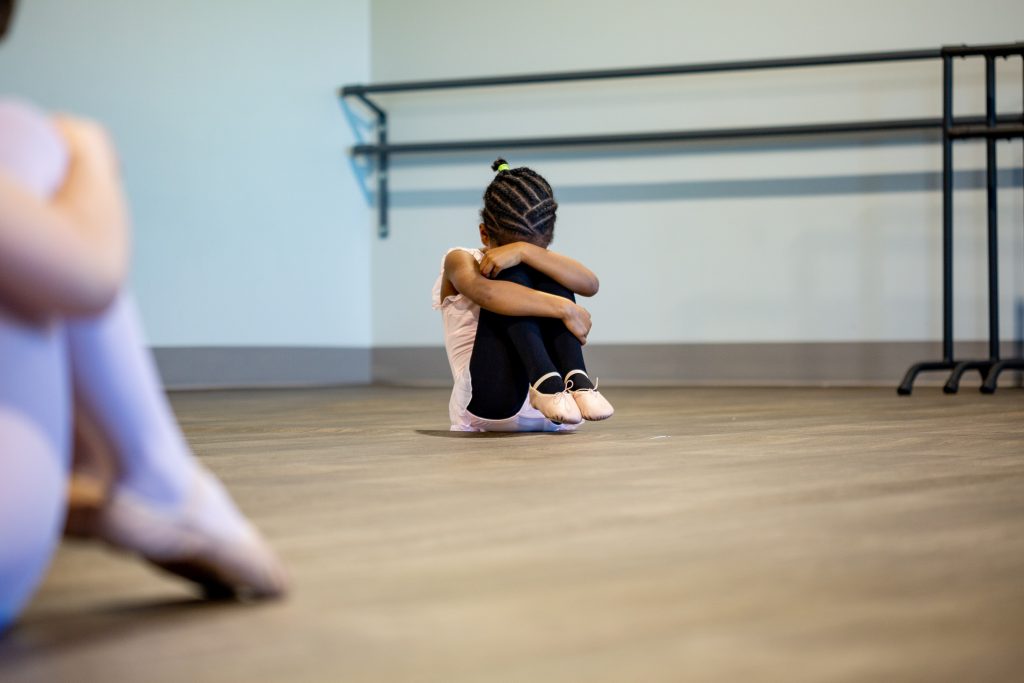
As Mental Health Awareness Month draws to a close here are some thoughts on how to support younger children’s mental wellness. It can be easy to think of mental health issues being the purview of teenagers and over-worked adults, but these challenges can face a person of any age.
Children may feel intense stress or anxiety about what is going on in the world, their school, or at home. But they do not have the tools and vocabulary of teenagers or adults to articulate what they’re feeling. Starting the conversation on mental health early can help set up your child for an open, ongoing dialogue for years to come!
Talk about your own feelings
It can feel scary to tell kids your feelings of stress or sadness, particularly when there are big events going on in the world. Our instinct is to shield young children from all the bad things. But children often hear about the big news despite the best effort of their parents. It might be a mention by a teacher or another child. They will be exposed to more than we realize. It’s ok to let kids know that you’re sad or feel anxious and why. It is most helpful for them when you talk about how you are working through and managing those feelings.
Give children vocabulary
Adults have a whole collection of experiences and feelings that we could mean when we mention anxiety or feeling down. Children may be experiencing some of these same sensations, but not have the name for them. Rather than merely labeling your feelings, talk about the sensation in your body when you are sad, angry, frustrated, or stressed. Do your shoulders feel heavy? Does your chest feel tight? Does your stomach hurt? Have patience with children as they try to identify these sensations. Offer possible vocabulary for the physical sensation without rushing to label their experience.
Keep the lines of communication open
At school your child may be expressing concern or fear about things that seemed insignificant at home. Have a system for how teachers or other adults in your child’s life can communicate any concern they might have to you. ChildWatch’s software helps parents and caregivers stay in touch, providing necessary updates on a child’s experience during the school day. Teachers want the best for your child, too. It is important to consider their perspective.
Take care of yourself
Self-care can easily be written off as excuse for people to disengage and indulge themselves. But that is not the type of self-care that is going to support your mental well-being or your children’s. Make sure that you have a support network to process the difficult things with. Find tools that work for you to help you cope in moments of high stress. It might be patterned breathing, exercise, short YouTube meditations, or a host of other techniques. Give yourself permission to hydrate, have good nutrition, and take some rest. Building the tools for your own mental well-being will be a model for your children.
Take a break from tech
This one is fairly self-explanatory. In an age where we have access to updates and information 24/7 one of the best things you can do for yourself and your little ones is to spend some time away from all the devices. Leave the phone inside when you go out to play. Switch to airplane mode for that hour at the park. Even short breaks can go a long way.
